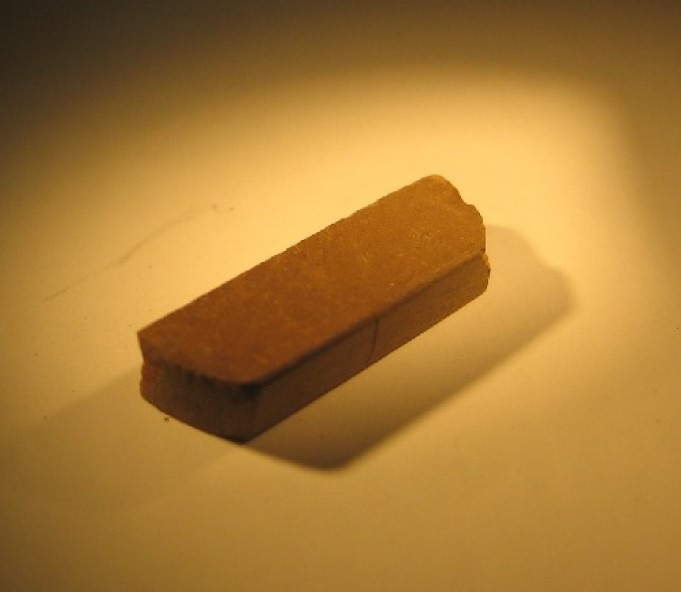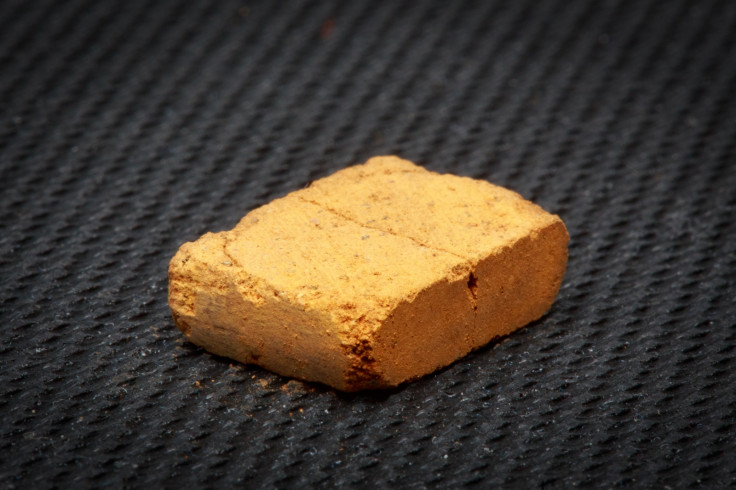This is how we'll build houses out of soil on Mars
Bricks made from Mars-like soil are stronger than reinforced concrete.
Martian soil could be pressed into bricks stronger than reinforced concrete with no need to bake in an oven, engineers have found.
Low-energy brickmaking is a step towards sustainable development on Mars, where minimal resources will be available for constructing the buildings for astronauts to live and work in.
The bricks were made using a soil simulating that found on Mars, called Mars-1a. The bricks were formed using compression but no heat, without additives that couldn't be found on the planet. A form of iron oxide found in the Martian soil was used to bind the soil together to form the bricks. The manufacture and design of the bricks is detailed in a paper in the journal Scientific Reports.
"Near-future exploration to Mars connotes the technology of space construction," the authors write in the paper. "Permanent human settlement on Mars requires infrastructure to sustain habitats and life. A steady supply of structural materials is integral towards this effort."
These bricks, made using only materials mimicking those found on Mars – and not a great deal of energy – are a first towards Martian-based construction. As well as being able to support the weight and withstand the deadly dust storms that whip up on the planet.
The bricks were also very dense and able to stop the flow of gases. This is a key feature, as buildings on Mars would need to contain an artificial climate inside for human survival.
The atmosphere on Mars is more than 95% carbon dioxide. Oxygen is only a trace gas in the atmosphere, at about 0.13%. The flow of gases through the Martian-style bricks was roughly equivalent to the flow through solid rock on Earth.

Walls for a Martian building would also have to be extremely thick. Due to Mars' thin atmosphere, high levels of radiation would need to be stopped to maintain astronauts' health if they stay on the planet for any length of time. The Curiosity rover, sent to Mars by Nasa in 2011, experienced a very high level of radiation on its journey there and while on the surface of the planet.

"The people who will go to Mars will be incredibly brave," said study author Yu Qiao of the University of California, San Diego. "They will be pioneers. And I would be honoured to be their brick-maker."

© Copyright IBTimes 2025. All rights reserved.






















